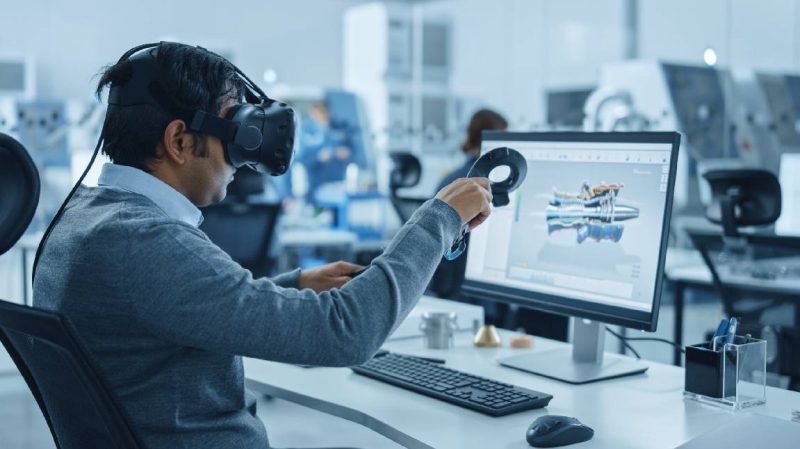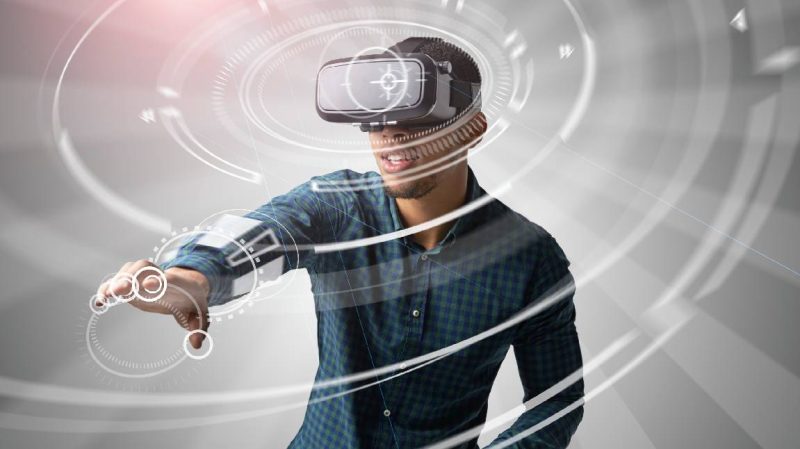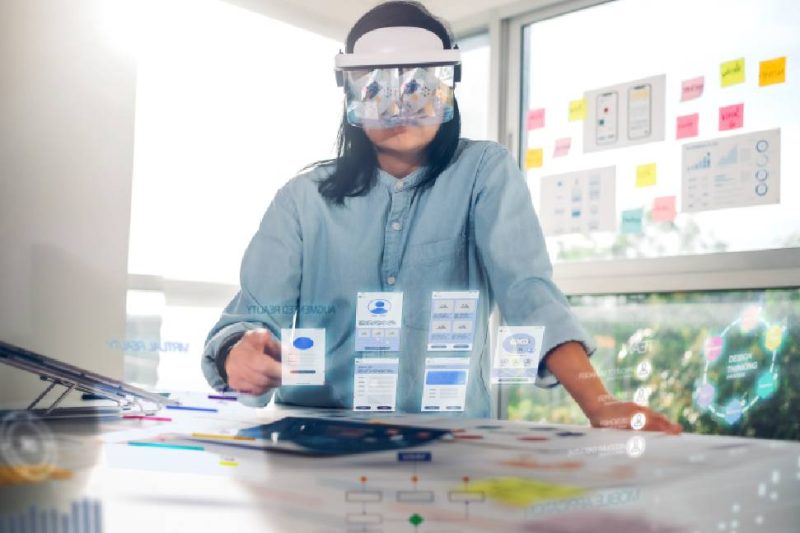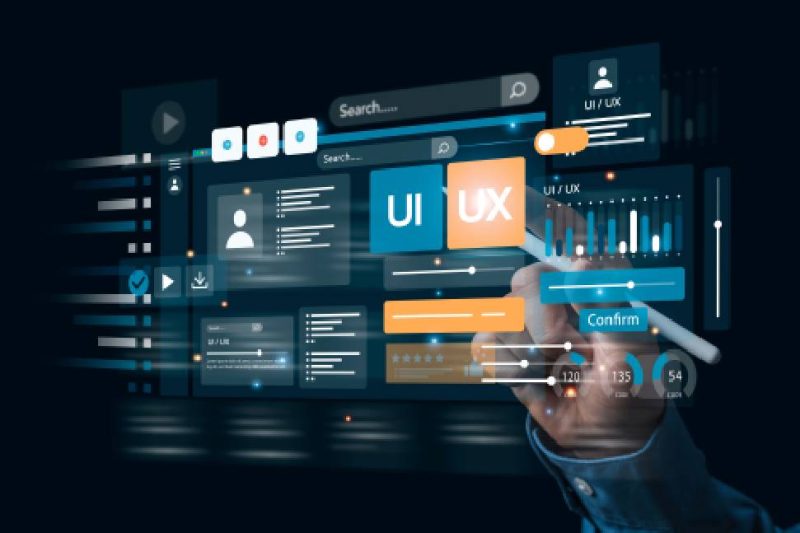|
Program Outline Master of Design (M.Des) |
|
| Duration | 2 Years (4 Semesters) |
| Affiliation | PES University |
| Campus | Ring Road (RR) Campus |
| Admissions Test | PES Entrance Process / CEED |
The M.Des program at PES University is a two-year, full-time postgraduate program aimed at nurturing strategic thinkers, creative leaders, and technically skilled design professionals. The program offers three specializations that respond to the rapidly evolving landscape of design in India and globally. Students will engage in studio-based learning, interdisciplinary collaborations, and hands-on projects grounded in real-world contexts.
Game and Entertainment Design
This specialization focuses on the design and development of interactive entertainment and serious games. Students will explore game mechanics, storytelling, user experience, and visual aesthetics, while gaining practical skills in prototyping and testing. The program prepares students to work in game development studios, ed-tech, and emerging fields like gamification and simulation design.
Interaction and Interface Design
Interaction Design integrates digital technologies, human-centered design, and user experience to create intuitive and impactful digital products and services. Students will learn to conceptualize, prototype, and evaluate interfaces and systems across various platforms, including mobile, web, physical computing, and extended reality (XR).
Strategic Design Management
This stream combines the disciplines of design, business strategy, and innovation management. Students will learn how to use design as a strategic tool to solve complex problems, build meaningful brands, and lead innovation within organizations. The focus will be on systems thinking, service design, and leadership in the creative economy.
This program focuses on the design and development of interactive entertainment and serious games. Students will learn game mechanics, storytelling, user experience, and visual aesthetics, while gaining practical skills in prototyping and testing. The program prepares students to work in game development studios, ed-tech companies, entertainment, and emerging fields like gamification and simulation design. The program will teach the conceptual, technical, creative, and studio-level skills to enable the students to excel in the game and entertainment industry as professionals later.
Students will learn to create games of different kinds/genres and interactive, fun-filled/entertaining experiences for the users/audience. Students will learn game UX/UI and game sound design. Game AI and game programming are also important components of this program. Students will get to know more about industry best practices and the market dynamics and trends. The program is associated/collaborates with a few known game industries in the country. The program will also focus on research and innovations in game design and the entertainment industry.
PESU has a great legacy in delivering education at the highest level of quality for almost five decades – in fields spanning from Engineering, Technology, Sciences, Medical Science, Law, Humanities, Design, and Arts. It also has a robust Doctoral research program. The M.Des program in Game and Entertainment Design will surely leverage the existing legacy and institutional capability to impart quality education. The infrastructure is superb, and the environment is conducive for the M.Des program as the B.Des programs are running smoothly.

The GED program at PESU is a rare M.Des program in game design. It is unique and one of its kind. It addresses the needs and requirements of the Indian game and entertainment industry. It also draws a lot from GOI’s initiatives to boost and modernize India’s game industry. NASSCOM and CII also promote higher education in game design.

The program is suitable for anyone who loves and is curious and enthusiastic about playing games, making games, and speaking and writing about games. Students from Design background, particularly from architecture, game design, graphic design, fine arts, economics, electronics and computer science, engineering, new-media, and communication design.
| Course Title |
| Intro to Game Design |
| Conventional Game Design (i.e., Card game, Board game, Chance game, etc.) |
| Game Industry and Game Production Process |
| Game Narrative/Storytelling |
| Game Psychology |
| Level Design/Mechanics Design I |
| Game Art/Visual Design (Also includes Photography and Cinematography) |
| Project I |
| Course Title |
| Intro to Game Programming |
| Game Theory and Game Systems |
| Level Design/Mechanics Design II |
| Visual Scripting in Unreal |
| Unity Learning I |
| Game Documentation |
| Project II |
| Course Title |
| Mobile Game Design (i.e., Social, Casual, Free-to-play, etc.) |
| Game UX/UI Design |
| Semiotics and Game Narratives/Architecture |
| Level Design Pipeline |
| 3D Modeling for Games |
| Game Animation |
| Project III |
| Course Title |
| Environment Design and Lighting |
| Procedural Content Generation (PCG) |
| Advanced Mechanics Design |
| Design Management |
| Gameplay Testing/Evaluation |
| Project IV |
Interaction Design integrates emerging digital technologies, human-centered design processes, and ethical and sustainable principles to create innovative products, services, and better user experiences with desirable social impact. Students will learn to conceptualize, prototype, execute, and evaluate/test interfaces and systems across various platforms, including mobile, web, physical computing, and extended reality (XR).
Research, creativity, and innovation are guiding principles of this program. It prepares students to practice design in a very dynamic, technology-driven landscape. Graduates will learn methods, techniques, and processes to study and understand consumer needs, requirements, and aspirations, developing a deeper understanding of user experience and insights.
They will master conceptual, technical, practical, and hands-on studio skills, enabling them to design products and experiences for any kind of digital or physical platform. The product range may vary from apps, installations, web products, information visualization, VR/AR and mixed-media realities, and medical to military applications. Students will also gain exposure to industry best practices, market dynamics, and trends. The program will include collaborations and tie-ups with entities from industry and academia for joint research and innovative activities.
PESU has a great legacy in delivering education at the highest level of quality for almost five decades—in fields spanning Engineering, Technology, Sciences, Medical Science, Law, Humanities, Design, and Arts. It also has a robust Doctoral research program. The M.Des program in Interaction and Interface Design (IID) leverages this legacy and institutional capability to impart quality professional education in design. The infrastructure is superb, and the environment is conducive for the M.Des program, as the B.Des programs are already running smoothly. The PES campus nurtures the spirit and philosophy of creativity, innovation, and excellence in education.
The program follows a trimester model, where one trimester is designed for taught modules, followed by a project-based trimester. In the latter, students will conceive, plan, and execute a design project.
In this process, students will learn how to understand and frame a design problem, ideate using a design thinking framework, develop and create solutions, and communicate these through various techniques of information representation.
Mentorship and guidance will be provided by both in-house faculty and selected domain experts/professionals from industry and academia. The pedagogy is a mix of modular and elective-based courses and may include other methods like scenario building, field visits, workshops, seminars, installations, competitions, and the design of displays and posters.

The IID program at PESU is a unique master’s-level offering in the country. It addresses the needs and requirements of Indian contexts and realities while also considering the global audience and international markets. It draws inspiration from the Government of India’s initiatives to boost and modernize India’s experience and entertainment industry.
Organizations like NASSCOM and CII also promote higher education in UX/UI and multimedia technologies.

The program is suitable for individuals who are curious and enthusiastic about learning and applying digital and communication technologies, mixed media realities, software-hardware combined products, and experiences, as well as data visualization and user study research.
Students from a design background or other fields such as architecture, game design, graphic design, fine arts, economics, electronics and computer science, engineering, management, and new media and communication design are encouraged to apply.
| Course Title |
| Introduction to Interaction Design |
| UX/UI Design Paradigms and Principles |
| HCI Study Principles |
| Usability Assessment and User Study Methods |
| Designing Interactive Experiences |
| Design Management and Innovation |
| Project I |
| Course Title |
| Digital Narrative/Storytelling |
| Prototyping Methods |
| Animation and Filmmaking |
| Typography Basics |
| Design Semantics and Cognition |
| Cognitive Ergonomics (DISCO) |
| Project II |
| Course Title |
| Introduction to UX/UI Programming |
| Advanced Interfaces and Digital Technologies |
| Information Visualization |
| Tangible User Interface (TUI) Design |
| Brain-Based Interface Design |
| Project III |
| Course Title |
| Semiotics and Wayfinding |
| Map and Cartography Design |
| Information Architecture Design |
| Layout and Navigation Design |
| User Interface Evaluation Methods |
| Project IV |
Strategic Design Management (SDM) combines emerging digital technologies, design thinking, human-centered design processes, and ethical and sustainable principles with corporate strategy, business management, organizational strategy and growth, and contemporary management practices.
Students will develop and create innovative products, services, and better user experiences with desirable social impact and outcomes. They will learn to conceptualize, prototype, execute, and evaluate/test products, systems, services, business models, corporate strategies, and organizational innovations.
Research, creativity, and innovation are the guiding principles of this program. Students will understand managerial economics and finance, strategy formulation and implementation, and organizational growth strategies and operations.
Graduates will learn methods, techniques, and processes to study and understand consumer needs, requirements, market dynamics, and develop a deeper understanding of user experience and insights. They will master conceptual, technical, practical, and hands-on studio/design skills that will enable them to design products and experiences for any kind of digital or physical platform.
SDM is interdisciplinary in its approach, combining design thinking skills with business practices. The program includes collaborations and tie-ups with industry and academia for joint research and innovation.
PESU has a strong legacy of delivering quality education for nearly five decades across diverse fields—Engineering, Technology, Sciences, Medical Science, Law, Humanities, Design, and Arts. It also boasts a robust Doctoral research program.
The M.Des program in SDM will leverage this legacy and institutional capability to offer quality professional education in design. The infrastructure is excellent, and the environment is conducive to postgraduate design education, as the B.Des programs are already running smoothly. PESU fosters a culture of creativity, innovation, and excellence in education.
The program will be conducted in a trimester model. One trimester will focus on taught modules, followed by a project-based trimester where students will conceive, plan, and execute a design project.
Students will learn how to define and frame a design problem, ideate using a design thinking framework, develop creative solutions, and effectively communicate these solutions using various information representation techniques.
Mentorship will be provided by both in-house faculty and selected professionals from industry and academia. The pedagogy will include modular and elective-based courses and may incorporate scenario building, field visits, workshops, seminars, installations, participation in competitions, and design of displays and posters.

The SDM program at PESU is a unique master’s-level program in India, combining business and corporate strategy with design thinking, skills, and practices. It addresses the needs of the Indian context while also aligning with global standards.
The program aligns with Government of India (GOI) initiatives to modernize small and medium-scale businesses and skill education. It also resonates with the agendas of organizations like NASSCOM and CII, which promote design-led innovation and entrepreneurship.

This program is ideal for individuals who are curious and enthusiastic about integrating design thinking and business management practices to drive innovation and sustainable growth.
It is suitable for students from a variety of backgrounds including design, architecture, MBA, game design, graphic design, fine arts, economics, electronics and computer science, engineering, management, and new media/communication design.
| Course Title |
| Introduction to SDM |
| Design Fundamentals |
| Design Management and Innovation |
| Design Thinking |
| Visual Thinking Basics |
| Design Research Methods |
| Sustainability in Design |
| Project I |
| Course Title |
| Digital Narrative/Storytelling |
| Prototyping Methods |
| Strategy and Innovations |
| Design for Real-World Problems |
| Typography Basics |
| Organizational Learning |
| Project II |
| Course Title |
| Leadership and Creativity |
| Systems Thinking |
| Service Design Fundamentals |
| Understanding the Client |
| Design Documentation |
| Gamification |
| Project III |
| Course Title |
| Semiotics and Wayfinding |
| Decision-Making Models and Methods |
| Design Prototyping and Evaluation |
| Inventive Problem-Solving Methods (TRIZ, Six Sigma, SCAMPER, PDCA, RCA, GigaMap) |
| Project IV |

Students will attend at least one national-level and one international-level conference/seminar/event each year. They will also participate in competitions, hackathons, etc.

There will be a select industry-academia collaborations and there will be industry sponsorship options for research and innovations in selected subject areas.
Placement events will be conducted regularly by the Placements Wing of the University
PES B.Tech degree is one of the most widely recognized and respected academic achievements in the country. Our alumni can be found at industry-leading companies like Microsoft, Google, META, Amazon and Goldman Sachs.
